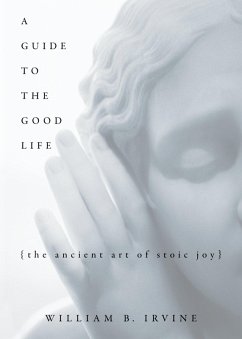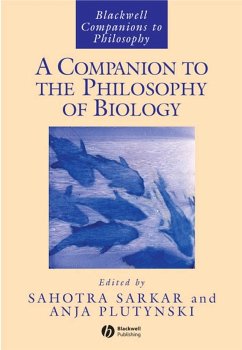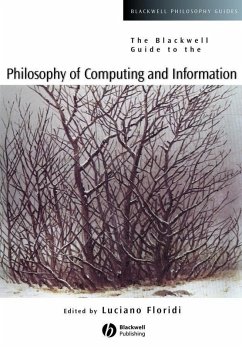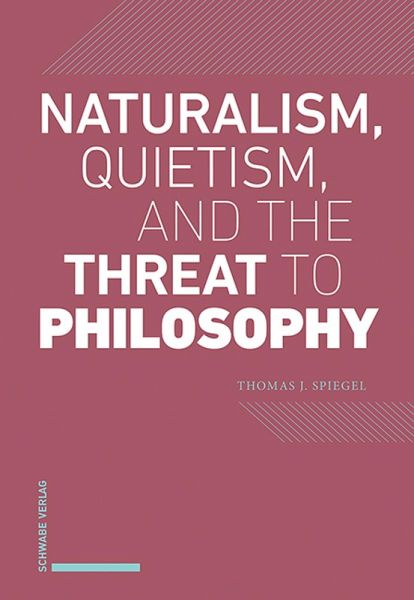
Naturalism, Quietism, and the Threat to Philosophy (eBook, PDF)
Versandkostenfrei!
Sofort per Download lieferbar
37,00 €
inkl. MwSt.
Weitere Ausgaben:

PAYBACK Punkte
0 °P sammeln!
Two opposed movements of thought threaten philosophy as an autonomous practice from the inside: scientific naturalism and quietism. Naturalism (qua methodological thesis) threatens to turn philosophy into a mere ancilla of the sciences, quietism understood as the prescription to remain silent in philosophy would not countenance any more "positive" philosophy. This book reconstructs naturalism and quietism such that it becomes clear naturalism does have the potential to end philosophy as an autonomous practice and that quietism, correctly understood, does not. To this end, this book provides ar...
Two opposed movements of thought threaten philosophy as an autonomous practice from the inside: scientific naturalism and quietism. Naturalism (qua methodological thesis) threatens to turn philosophy into a mere ancilla of the sciences, quietism understood as the prescription to remain silent in philosophy would not countenance any more "positive" philosophy. This book reconstructs naturalism and quietism such that it becomes clear naturalism does have the potential to end philosophy as an autonomous practice and that quietism, correctly understood, does not. To this end, this book provides arguments against the prevailing orthodox status of naturalism and a heterogenous reading of Wittgenstein's metaphilosophical quietism as the rejection of a certain kind of theories in philosophy, namely quasi-scientific theories.
Dieser Download kann aus rechtlichen Gründen nur mit Rechnungsadresse in A, B, BG, CY, CZ, D, DK, EW, E, FIN, F, GR, H, IRL, I, LT, L, LR, M, NL, PL, P, R, S, SLO, SK ausgeliefert werden.





